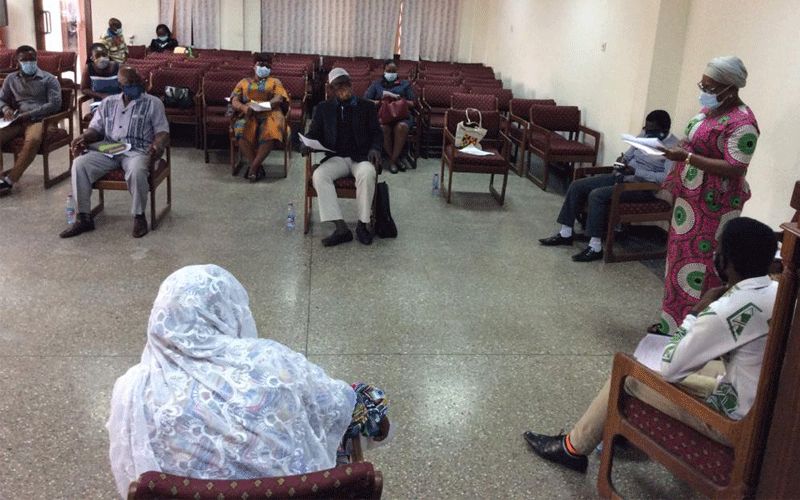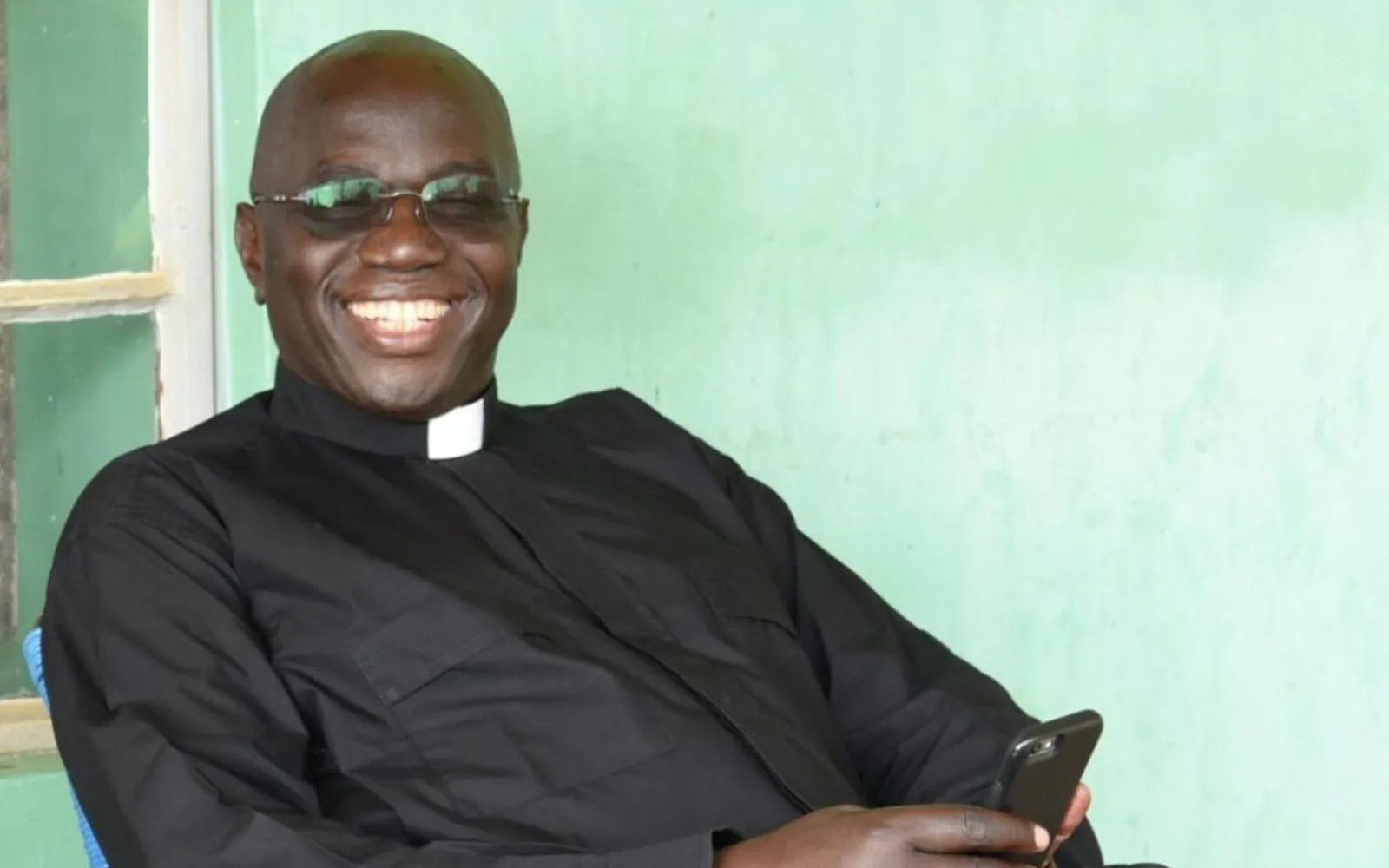Accra, 05 July, 2020 / 2:33 pm (ACI Africa).
With the rise in cases of the coronavirus and reports of stigmatization against people who have tested positive for the virus, faith-based groups in Ghana have expressed their commitment to collaborating with state agencies to fight against the pandemic through massive public education and sensitization on the dangers of COVID-19.
At a stakeholder meeting in Accra on Thursday, July 2 convened to map and coordinate the national and local efforts of COVID-19 response in the Greater Accra Region, the faith-based groups also collectively resolved to support the National Commission of Civic Education (NCCE), the Metropolitan of Accra, and Municipal and District Assemblies to intensify sensitization programs so that citizens avoid stigmatization of people with the pandemic and those who have recovered.
“The spread of the pandemic is likely to increase if people continue to stigmatize victims of COVID-19. But our collaboration will help fight the problem,” said Lucille Herolette Annan, the Greater Accra Regional Director of NCCE when she addressed the July 2 stakeholder meeting.
Organized by the Ghana Catholic Bishops’ Conference (GCBC) through its humanitarian office, Caritas Ghana, with support from other stakeholders, the meeting was attended by representatives from the Christian Council of Ghana (CCG), Ghana Pentecostal and Charismatic Council (GPCC), Office of the National Chief Imam and the Federation of Muslim Women Associations in Ghana (FOMWAG).
Others included Marshallan Relief and Development Services (MAREDES), Ahmadiyya Muslim Mission and the Religious Media.








